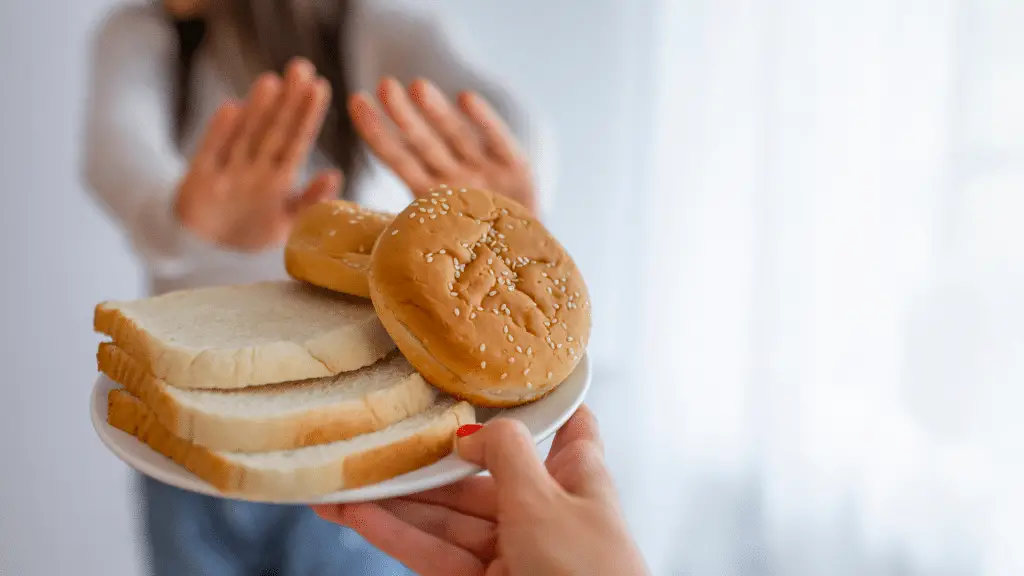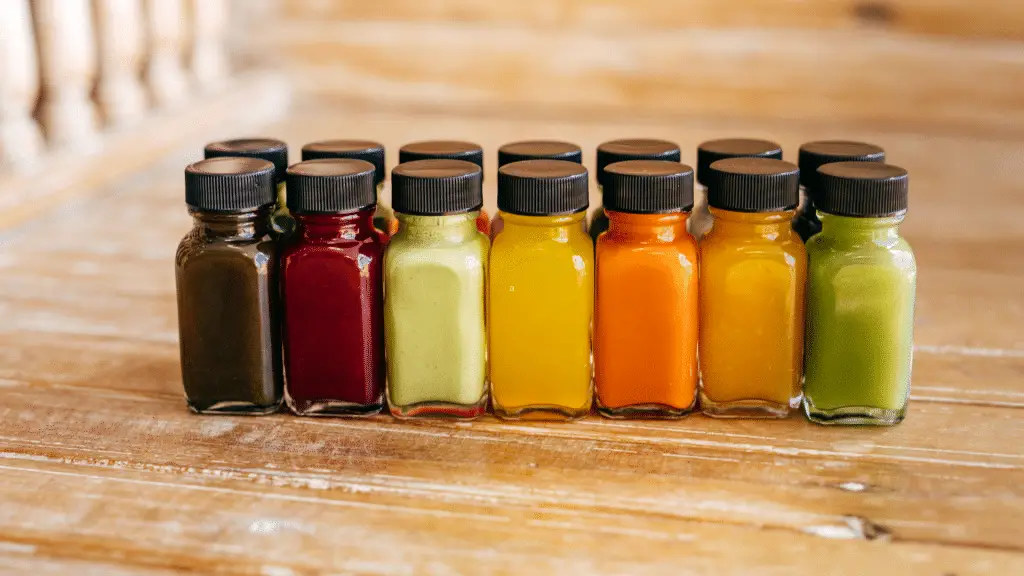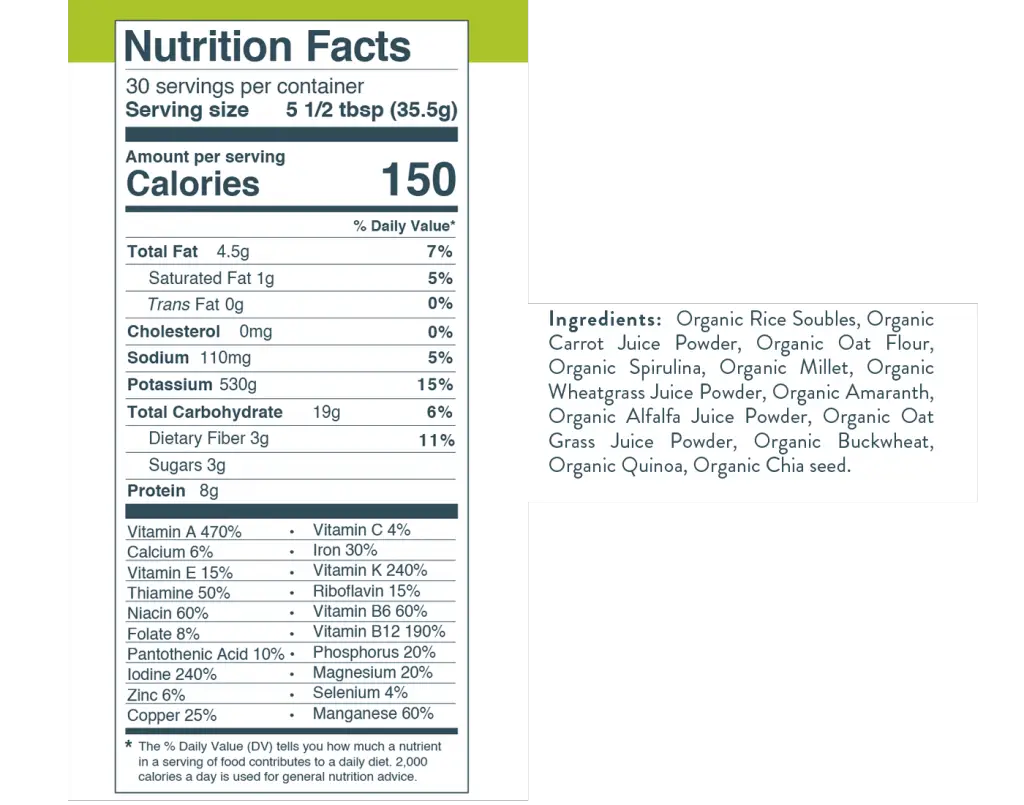Let’s look at some common signs that you need to change your diet. Your diet matters. Your body will tell you if you don’t consume enough nutrient-dense foods or too many inflammatory foods.
I don’t spend a lot of time writing about diet anymore because, honestly, I tried all the diets under the sun, and nothing gave me the results I was able to get with intermittent fasting. Intermittent fasting gave me food freedom! No more having to follow expensive healing protocols! It’s been amazing! The only downside is that because I could feel amazing and lose weight with intermittent fasting alone, I occasionally let my diet slide. When that happens, I feel it! That is why I want to share these most common signs with you.
Most Common Signs You Need to Change Your Diet
You may feel fantastic on intermittent fasting alone without worrying much about what you eat, particularly if you favor a whole-food diet. However, you may notice signs that you need to change your diet over time. I noticed it when I began to fast less and less because I no longer wanted to lose weight. In fact, I may implement a 24-hour weekly fasting window each week to keep the health benefits without losing weight. I recommend you also experiment with your fasting as you try some of the solutions I provide if you encounter signs that you need to change your diet.

1. Fatigue
For many of us, fatigue will be one of the first signs we need to change our diets. People often don’t even know what it is like to have great energy! They don’t even realize that the way they feel is suboptimal. That’s where a cleanse can help (suggestions in the next section). After about three days of doing a cleanse, you will notice a shift in energy level if fatigue is an issue.

2. Brain Fog
Brain fog is another common sign that you need to change your diet. Particularly if you are suffering from food sensitivities. Food sensitivities are more challenging to detect and require a diet change for a more extended period than a cleanse.
3. Problematic Immune Function
A problematic immune function shows itself in two ways: allergies and constant colds or flu.
I like the bucket analogy when it comes to inflammation in your body. Your body is designed to heal; inflammation is its natural response to perceived threats. However, sometimes, as you add more and more water to your bucket (in the form of stresses like poor sleep, poor diet, allergies, food sensitivities, etc.), it starts to leak. That’s when you notice symptoms. That goes for allergies or getting sick constantly. Many of us find that we can keep our environmental allergies under control by making sure we don’t let the bucket overflow. We will also find that we get sick a lot when we don’t eat well or overeat sugar.

4. Stomach Aches
Stomach issues are usually a clear indicator that you are consuming foods harming you. Like brain fog, stomach aches can point to hard-to-define food sensitivities. It may take time and determination to find the root cause.
5. Poor Sleep
Studies show that key nutrient deficiencies are often associated with poor sleep. Moreover, there is an intricate relationship between your sleep and blood glucose. Sleep problems are associated with higher blood glucose, and low or high blood glucose can cause sleep issues. For example, higher blood glucose and insulin levels are often seen in poor sleepers.

6. Skin Issues
Skin issue is another common symptom of food sensitivities.
7. Headaches/Migraines
Headaches and migraines are both associated with nutritional deficiencies and food sensitivities.

What To Do About It
You have various options if you notice your health isn’t optimal because you are experiencing signs that you need to change your diet.
Ensure You Eat Tons Of Nutrient Dense Foods Every Day
Most of the time, this simple tip will do the trick, mainly if you fast long enough to achieve ketosis a few times a week. I dive into what it means to consume a nutrient-dense diet in my post Intermittent Fasting Food List: Yes and No Foods for Weight Loss Success.
However, when you are no longer trying to lose weight and don’t fast as long as anyone, you may need some extra help. Keep reading!
Cut Out Gluten and Dairy
Food sensitivities cause many of the symptoms we have talked about. Gluten and dairy are by far the two most common culprits! Quite often, a simple combination of a nutrient-dense whole food diet, gluten and dairy elimination, and every other day 20-hour fasts will take care of most of the signs and symptoms you need to change your diet.

Fasting Mimicking Diet
What I love about the Fasting Mimicking Diet (or modified fasting) is that it is a tool you can use to heal your body. This 5-day fast uses the power of calorie restriction and low protein/low carb consumption to trigger autophagy in your body.
Read Modified Fasting: How You Can Benefit From Fasting Without Starving to learn more about the Fasting Mimicking Diet.
Juice Fast
In the past, I hated juice fasting because it would make me too “hungry.” Of course, it wasn’t hunger because I am not actually referring to juice fasting, but juice feasting. Juice feasting isn’t for everyone because if you struggle with any form of insulin resistance, you will find it almost impossible to survive on juice only for a few days, and, besides, you have better options available to “cleanse.”
After a few months of intermittent fasting and maybe one or two modified fasts or keto cycles, you will notice a significant decrease in food cravings. You learn what actual hunger means, and it won’t bother you as much. At this point, you are ready for a juice fast. I love the occasional juice fast because it makes me feel fabulous about how I am nourishing my body. My energy level is excellent, my skin clears up, and it resets my taste buds.
Read Juice Fast for 3 Days (My Recipes and My Results) for your full meal plan, recipes, and grocery shopping list.

Keto Cycle
A modified fast is difficult. You will feel hungry. With practice, it won’t feel so bad, but it may be too tricky or inadvisable for some (like breastfeeding moms). In this case, a 7 to 14-day keto cycle can be helpful. Ensure you do a clean keto cycle (no dairy and plenty of nutrient-dense foods). I offer a 7-day meal plan to help with that.
What I love about a keto cycle is that it is extremely effective in reducing your appetite naturally and making fasting easier in the future. When food cravings become overwhelming, a keto cycle is an excellent reset to try.

Supplementation
Supplementation can correct nutritional deficiencies when a nutrient-dense diet isn’t enough. My favorite all-in-one supplement is the Power Shake (I also take vitamin D during the winter months). I love it because it is made with organic whole foods dehydrated at low temperatures to preserve their nutritional content. Moreover, I tried many supplements over the years, but nothing yielded the same results. I used to struggle with allergies and constant fatigue.

Signs You Need to Change Your Diet
In Summary
Most signs that you need to change your diet can be remedied through a whole food gluten-free and dairy-free diet if you fast once a week for 24 hours or so. However, hidden food sensitivities may complicate things. If you don’t notice any improvements, I recommend you seek the advice of a functional medicine specialist or a naturopath.





